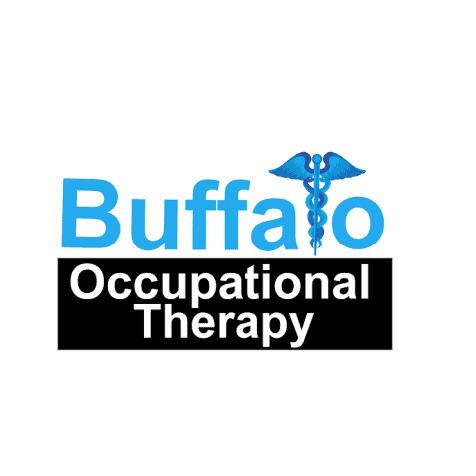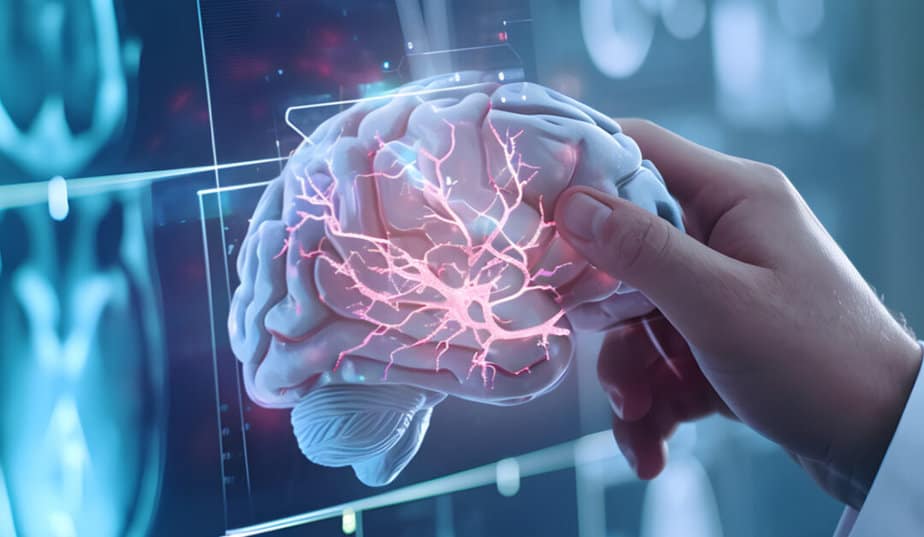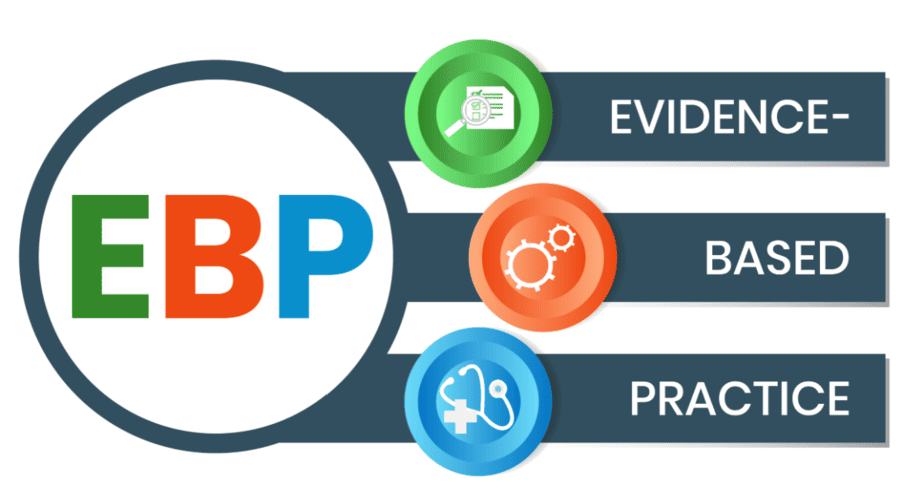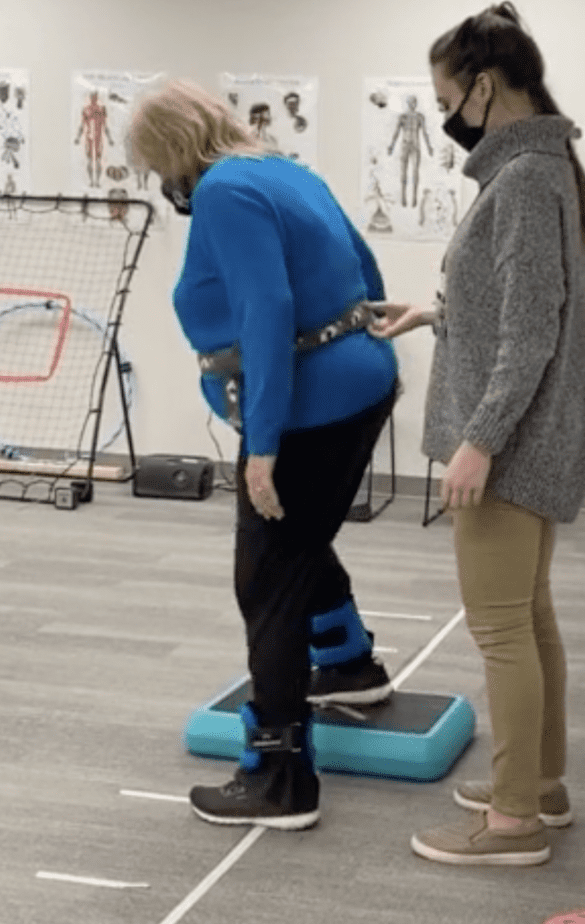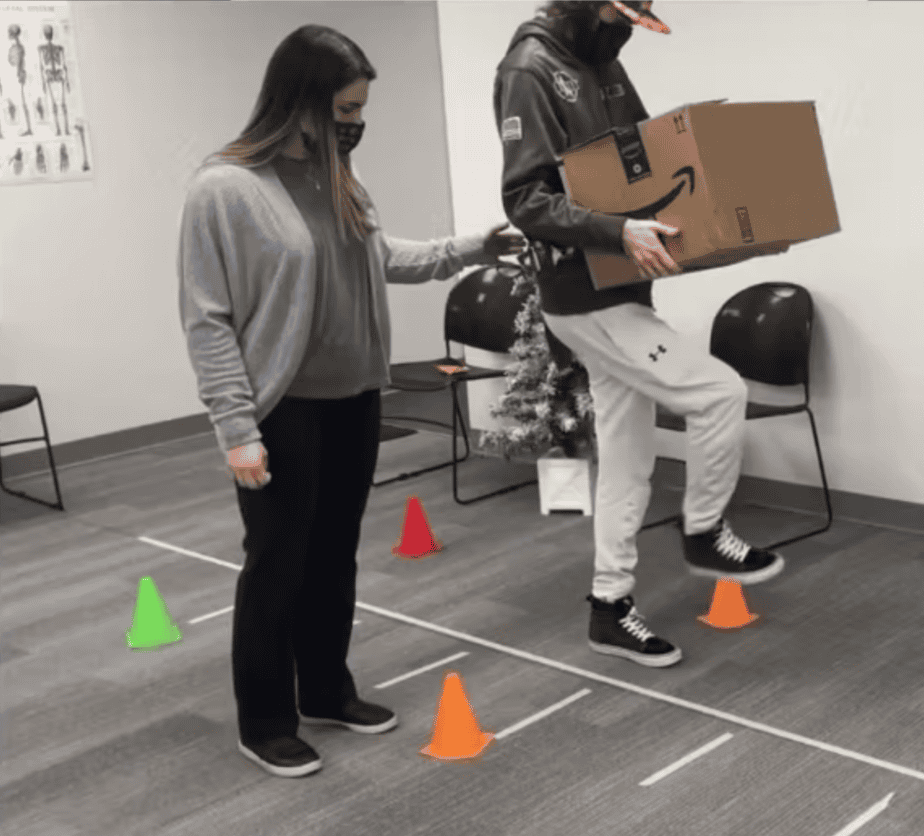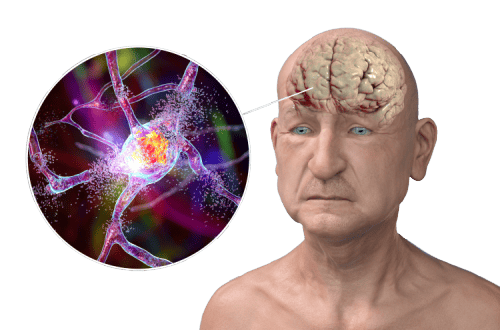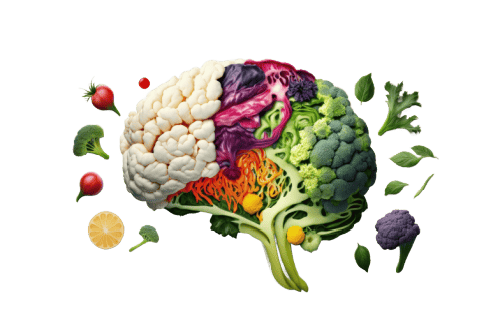
Brain Fog
What is Brain Fog?
Brain fog feels like your brain is running through mud—it’s harder to think clearly, focus, or even find the right words in conversations. You might feel forgetful, struggle to concentrate, or take longer to process information. It’s not a medical term but a way to describe mental cloudiness that can happen after being sick, not getting enough sleep, or even when you’re stressed. Think of it like your mind hitting the “snooze” button when you need it to be fully awake.
Why does brain fog happen?
Brain fog happens when your brain is trying to juggle too much information at once, kind of like a computer with too many tabs open—it slows down or freezes. Your brain has a limit on how much it can handle at a time, and when that limit is reached, it feels like everything is harder: remembering things, focusing, or even making simple decisions. This happens when you’re overwhelmed with new information or distracted by other things, causing mental fatigue and that “foggy” feeling.
Symptoms of Brain Fog
Fine Motor Strength: Brain fog can make your hands feel clumsy, leading to difficulty with tasks requiring precision, like writing or buttoning a shirt.
Memory Impairment: It’s harder to recall recent events, conversations, or where you put things.
Word-Finding Difficulty: You might struggle to find the right word during conversations, leading to pauses or incorrect substitutions.
Reduced Concentration: Staying focused on a task feels challenging, and your mind might wander easily.
Decision-Making Challenges: Simple decisions can feel overwhelming, and processing choices takes longer.
Mental Fatigue: Thinking or problem-solving feels exhausting, even for tasks that were once easy.
Slower Processing Speed: It takes more time to understand or respond to information.
Emotional Sensitivity: Frustration or irritability increases as mental tasks feel harder to manage.
Physical Coordination Issues: Movements might feel unsteady or poorly coordinated, leading to more errors or accidents.
Visual Processing Difficulty: Reading or interpreting information feels more tiring, and eyes may feel strained.
Problem-Solving Difficulties: Complex tasks or puzzles feel much harder than usual, with slower progress.
Spatial Awareness Issues: You may bump into objects or misjudge distances more frequently.
Reduced Gait Speed: Walking can feel slower or require more mental effort to maintain balance and rhythm.
Grip Strength: Holding or carrying objects feels weaker or less secure.
Social Cognition: Interacting with others feels draining, and you might find it harder to read social cues or respond appropriately.
Solutions for Brain Fog
Fine Motor Strength: Engage in simple hand exercises, like squeezing a stress ball or practicing small, precise movements (e.g., threading beads).
Memory Impairment: Use external memory aids, like to-do lists, reminders on your phone, or sticky notes to keep track of important tasks.
Word-Finding Difficulty: Practice word association games or give yourself extra time in conversations to pause and gather your thoughts.
Reduced Concentration: Break tasks into smaller, manageable steps and take short, timed breaks to reset focus.
Decision-Making Challenges: Limit choices when possible, and create decision frameworks (e.g., pros and cons lists) to reduce mental strain.
Mental Fatigue: Prioritize rest, aim for consistent sleep schedules, and practice relaxation techniques like deep breathing or mindfulness.
Slower Processing Speed: Allow extra time for tasks and avoid multitasking to help your brain work through one thing at a time.
Emotional Sensitivity: Acknowledge feelings of frustration and take calming actions, such as stepping away from a task or practicing gratitude journaling.
Physical Coordination Issues: Perform slow, intentional movements like yoga or tai chi to improve coordination and reduce clumsiness.
Visual Processing Difficulty: Take frequent breaks from screens, ensure proper lighting, and adjust text sizes to reduce visual strain.
Problem-Solving Difficulties: Simplify problems by writing down the steps and working on one part at a time, or ask for input from others to clarify solutions.
Spatial Awareness Issues: Use visual or tactile markers (e.g., tape on steps) and practice mindful walking to improve awareness of your surroundings.
Reduced Gait Speed: Engage in gentle physical activities like walking or light stretching to improve muscle coordination and mental focus.
Grip Strength: Practice grip-strengthening activities like kneading dough or gripping and lifting light weights.
Social Cognition: Prepare for social situations by reviewing conversation topics ahead of time and use reflective listening to stay engaged.
Occupational Therapy for Brain Fog Symtpoms Symptoms
A comprehensive approach to rehabilitation, tailored specifically for those experiencing Brain Fog as a result of aging, traumatic brain injury, stroke, or other neurodegnerative condition includes multiple strategies designed to address both cognitive and physical challenges:
+ Cognitive Remediation Therapy: Therapy focuses on improving memory, attention, and problem-solving skills through targeted exercises tailored to the individual’s cognitive challenges, fostering better thinking and processing abilities.
+ Physical Remediation: Interventions aim to rebuild balance, stability, and endurance, supporting individuals in regaining physical independence and mobility while addressing the physical fatigue often associated with brain fog.
+ Dual Tasking Training: Combining mental and physical tasks, this method helps retrain the brain and body to work together efficiently, improving multitasking, coordination, and overall functional abilities.
+ Symptom Tracking and Clinical Direction: Continuous monitoring of symptoms ensures early identification of new or worsening challenges. Rehabilitation plans are adjusted as needed, with referrals to specialists when additional expertise is required.
+ Lifestyle Adaptive Training: Focused on modifying daily routines, this strategy maximizes independence and efficiency by helping individuals create sustainable, goal-oriented solutions for managing brain fog-related limitations.
+ Psychosocial and Behavioral Support: Rehabilitation includes emotional and psychological guidance to help individuals adapt to living with chronic conditions. Support fosters resilience and a focus on thriving, enabling individuals to regain confidence and control over their lives.
